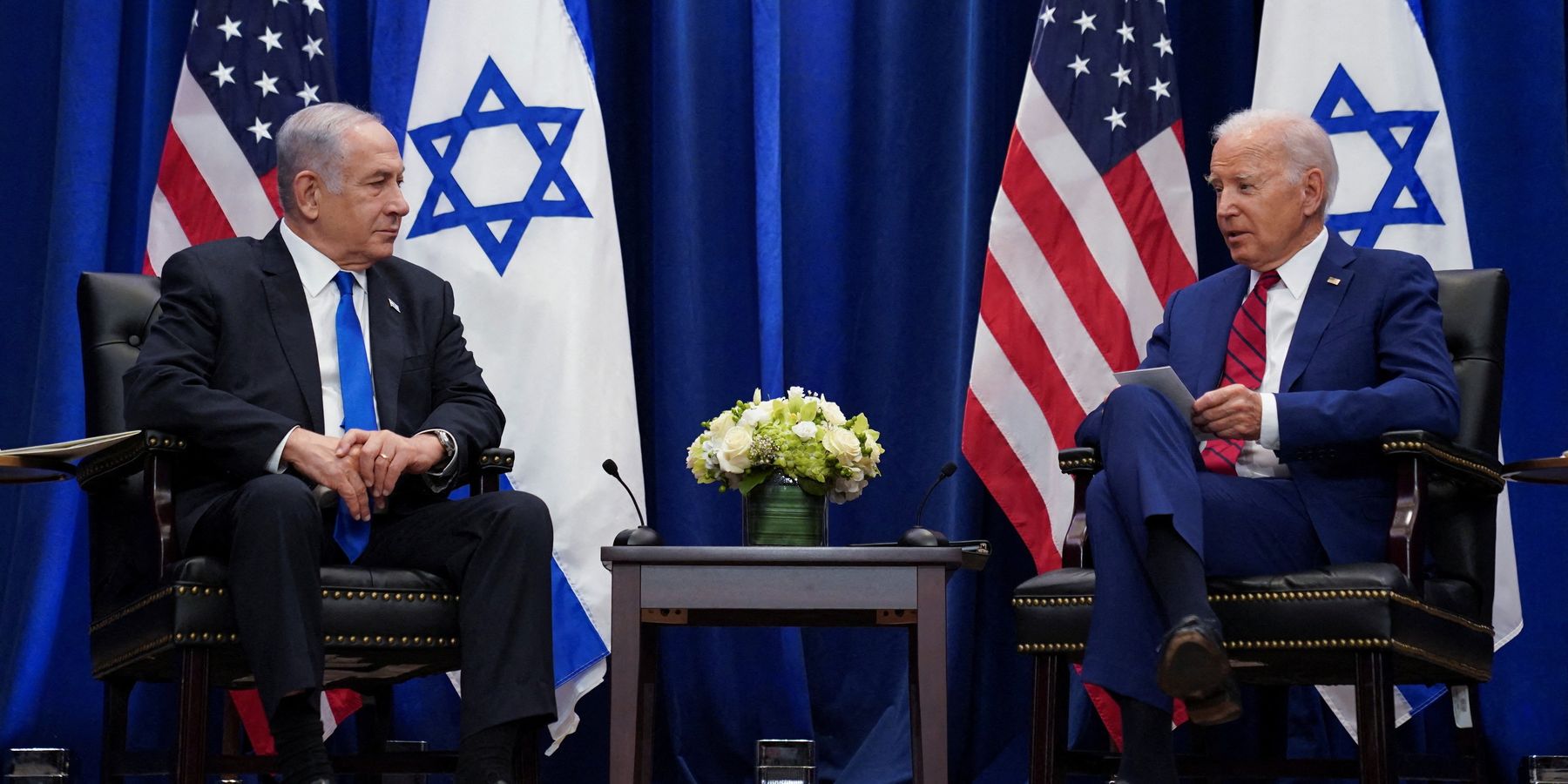Hamas’s recent, brutal attacks on Israel have rightly drawn condemnation for their indiscriminate killing of hundreds of civilians while taking large numbers of hostages. Israel has sought to respond to these attacks. The question is what that response should entail.
The response outlined by Israeli officials so far appears to be rapidly moving toward total war — not just air strikes but a potential ground invasion and a pledge to tighten the Israeli blockade of Gaza to cut off electricity and block the import of food and medicines. This approach is likely to result in the deaths of hundreds if not thousands of Palestinian civilians, while causing immense suffering for the rest of the territory’s more than two million inhabitants. A response to the Hamas attacks is appropriate, but total war is not the answer — morally or strategically.
As for the Biden administration, its position so far is to go “all in” in supporting the Israeli approach, including the deployment of a carrier group to the region and a pledge to expedite the supply of large quantities of weapons to Israel. This approach risks sparking a wider war that would destabilize the broader Middle East.
At a minimum, the Biden administration should signal to the Netanyahu government that it must observe the laws of war in its response to the Hamas attack, including taking care to avoid killing civilians. Beyond that, the U.S. should coordinate with other players in the region to promote a ceasefire that would head off the potential deaths of thousands of Palestinians and more Israelis beyond the hundreds that have died already.
In assessing the current war, it is important to take into account the context, including Israel’s 16-year long blockade of Gaza, its disproportionate responses to past attacks that have resulted in the deaths of large numbers of Palestinian civilians, and its continued support for settlements in the West Bank that have undermined any hope of a two state solution to the conflict. None of this justifies the Hamas attacks or their consequences for hundreds of Israeli civilians, but no analysis of the roots of the war can ignore this historical background.
Iran’s historic role in providing weapons and training to Hamas has sparked calls in Washington and Tel Aviv for holding Tehran accountable, which may be not so subtle code for launching a military attack on Iran. Allegations that Iran directed or helped plan the Hamas attacks have not been proven, although the Biden administration has pledged to investigate whether that might have been the case.
An attack on Iran would likely spur Tehran to attack U.S. and Israeli targets in the region, including U.S. troops in Syria and Iraq. That in turn could escalate any U.S. or Israeli attacks on Iran, in an upward spiral that could lead to a longer-term confrontation that would threaten the stability of the region for years to come — an outcome that would have decidedly negative consequences for U.S. interests.
Israel has the right to defend itself, but the Biden administration is not obligated to endorse Tel Aviv’s stated war aims, given the risks they pose of undermining any prospect of a resolution of the Israeli-Palestinian conflict as well as the possibility that they will drag the U.S. into yet another large war in the Middle East.
It will be difficult to implement any of the above-mentioned measures in the immediate aftermath of the Hamas attacks, but they are essential preconditions for heading off another generation of war that could spread far beyond Israel and Palestine and put U.S. servicemen and women at risk.
- Biden readying emergency weapons aid for Israel ›
- Why Hamas attacked and what happens next ›
- In blistering remarks, Biden commits aid, intel, and military assets to Israel - Responsible Statecraft ›
- Biden refuses to talk 'ceasefire' though it could prevent a regional war - Responsible Statecraft ›
- How the Israel-Hamas war is destabilizing the Horn of Africa - Responsible Statecraft ›
- What if Israel didn't set out to 'destroy Hamas'? - Responsible Statecraft ›
- Families of American-Israeli hostages blast visiting Netanyahu | Responsible Statecraft ›
















